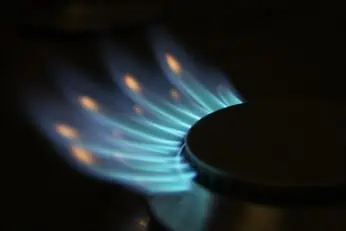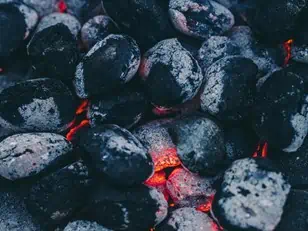
Paul Scott, Central Hub Prevention Manager, said: “The majority of accidental fires in the home start in the kitchen. People should avoid being distracted by their phone, TV or by interactions with friends and family. Whatever happens elsewhere in your home, please remain attentive to the cooker at all times.
“Also, as we start to enjoy barbecues with our friends and families in the warmer weather, it is important to remind ourselves that barbecues can cause fires if they are not properly handled.
“By following our advice and taking the appropriate preventative measures both indoors and outdoors, you can significantly reduce the likelihood of any accidents.”

To stay safe in your kitchen, take a look at our cooking safety advice:
- Keep looking when cooking – don’t get distracted.
- Take care to keep loose clothing away from the hob and oven area.
- Keep tea towels, cloths and other items away from the oven and hob area.
- Never leave cooking unattended. If you do need to leave the kitchen while cooking, take pans off the heat or turn them down to avoid risk.
- Avoid cooking if you’ve been drinking alcohol or taking medication.
- Avoid leaving children in the kitchen alone when cooking on the hob. Keep matches and saucepan handles out of their reach to keep them safe.
- Make sure saucepan handles don’t stick out so they don’t get knocked off the stove.
- Double-check that the cooker is off when you’ve finished cooking.
If you’re having a barbecue, you can reduce the likelihood of a fire breaking out by following the below advice:
- Make sure you place it well away from sheds, fences, trees, shrubs, or garden waste.
- Follow the safety instructions provided with disposable barbecues and never leave them unattended. Drinking alcohol while cooking is not recommended.
- After cooking, make sure the barbecue is cool before moving it. Empty the ashes onto bare garden soil, not into dustbins or wheelie bins. If they’re hot, they could melt the plastic and cause a fire.
- If you’re using a disposable barbecue, ensure it has cooled before putting it in the bin. To avoid starting a fire you should allow it to cool for several hours and then consider pouring water over it to make sure it’s out.
- Never use a barbecue indoors or in a tent as this can give off an invisible, odourless, potentially lethal carbon monoxide gas. This can be emitted for many hours, even after it has gone out.
- Keep your equipment clean and in good working order. A build-up of fat and grease can ignite a fire.
- Check for leaks or cracks to the cylinder or pipework if you are using a gas barbecue – avoid using a damaged barbecue.
For more information on staying safe while cooking this summer, please visit our Cooking Safety or our Barbecue Safety page.